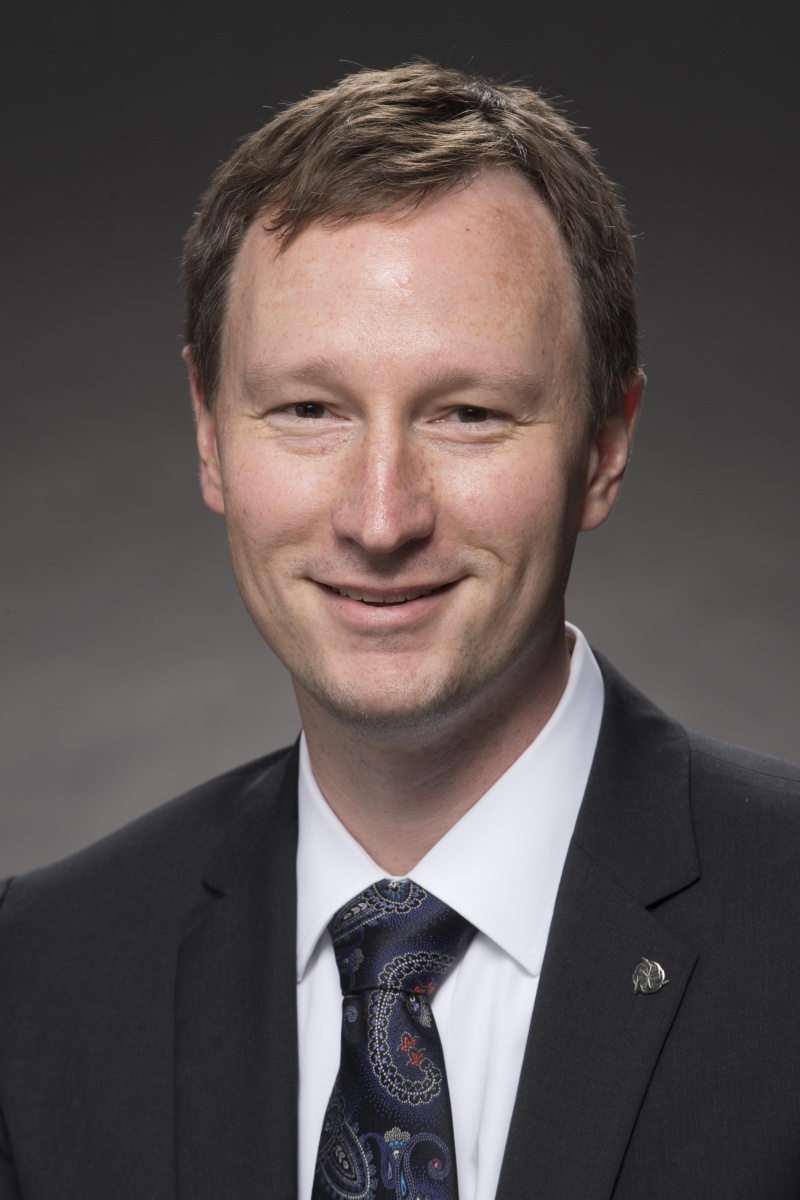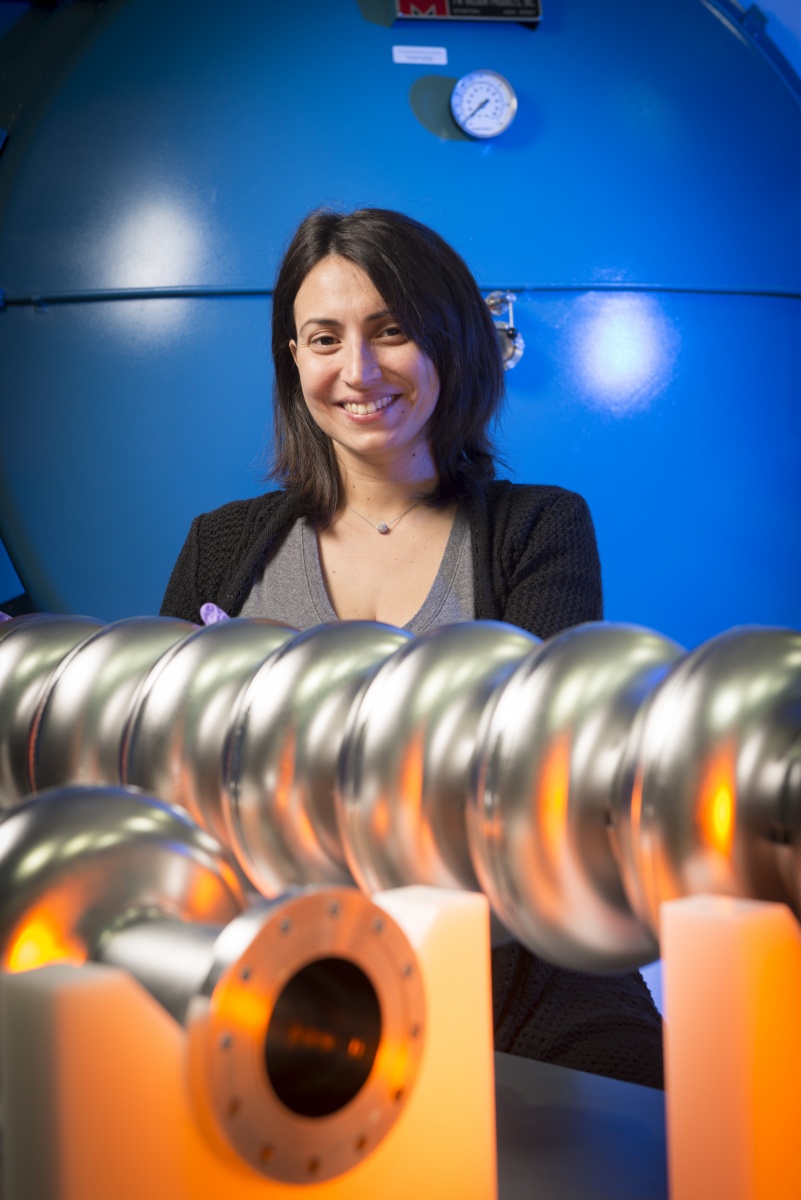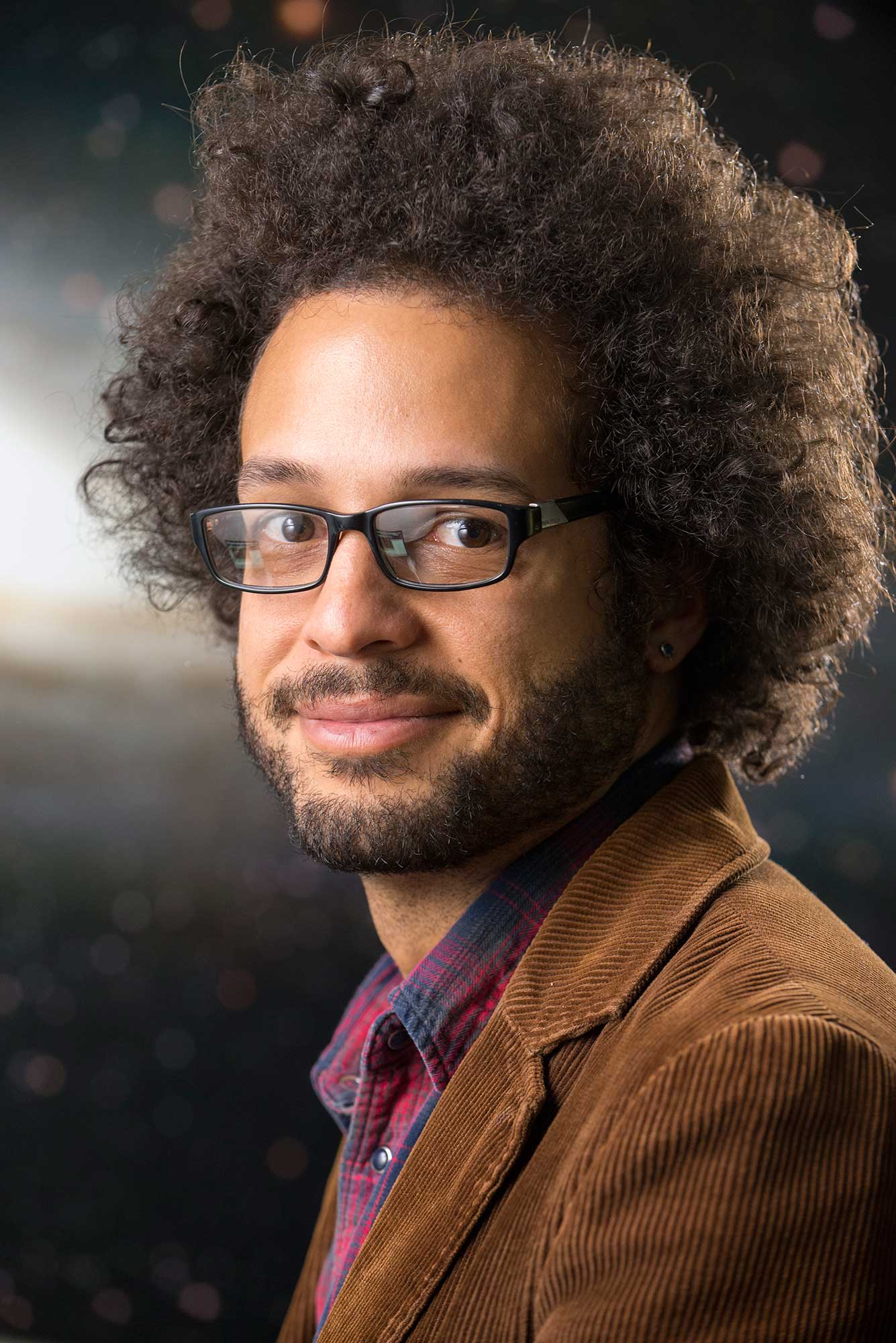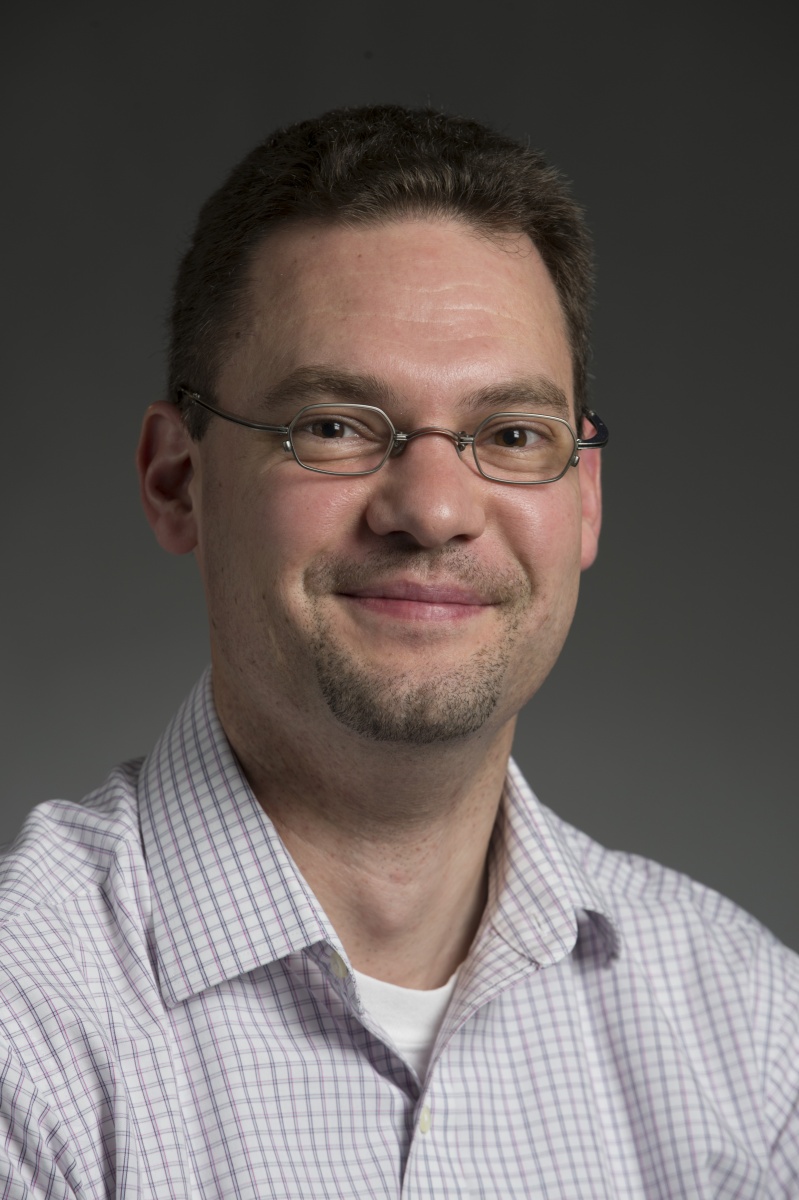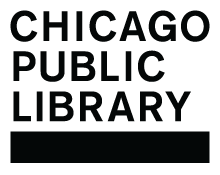Fermilab celebrates its 50th anniversary in 2017. What does the future hold for this world-renowned laboratory in Chicago’s western suburbs—and for physics itself?
Particle physicists aim to discover what the universe is made of and how it works. They study the smallest building blocks of matter using some of the largest and most complex machines in the world. Using Fermilab’s vast complex of particle accelerators and complex detectors, scientists have discovered three building blocks of nature: the bottom quark (1977), top quark (1995) and tau neutrino (2000).
Fermilab supports discovery science experiments in Illinois and at locations around the world, including deep underground mines in South Dakota and Canada, mountaintops in Arizona and Chile, the forests of northern Minnesota, the Large Hadron Collider in Switzerland, and the South Pole. More than 4,500 scientists from 50 countries use Fermilab’s facilities to expand humankind’s understanding of matter, energy, space and time.
In this special panel discussion hosted by the Chicago Council on Science and Technology, Chicago Public Library, Harold Washington Center and Fermilab, and moderated by Fermilab’s chief operating officer Tim Meyer, three of Fermilab’s top researchers will introduce the breadth of physics and technology research taking place at the laboratory today, focused on the discoveries ahead at the frontiers of particle physics.
Dr. Nord will discuss the modern mystery of dark energy, the accelerated expansion of the cosmos, and the large astronomical experiments we undertake to learn about it. He will also talk about emerging efforts to apply artificial intelligence to our ever-larger astronomical data sets.
Dr. Gutsche will describe the worldwide journey from recording particle interactions to extracting physics with emphasis on the massive computing challenge using grids, clouds and supercomputers, using the example of the Large Hadron Collider at CERN in Geneva, Switzerland.
Dr. Grassellino will discuss the current state of the art in supercondcting radio-frequency accelerating technology.
Event Details
Wednesday, September 6, 2017, Chicago Public Library, Harold Washington Center, 400 S. State St., Chicago, IL 60605. Cindy Pritzker Auditorium (lower level). Program 6:00 pm to 8:00 pm. This program is FREE to attend, and seating will be first come, first served. Can’t make it live? This program will be recorded and will be available on our YouTube channel, C2ST TV.

